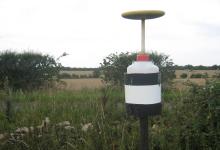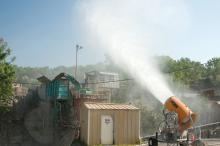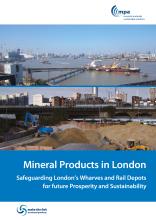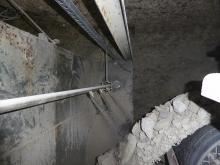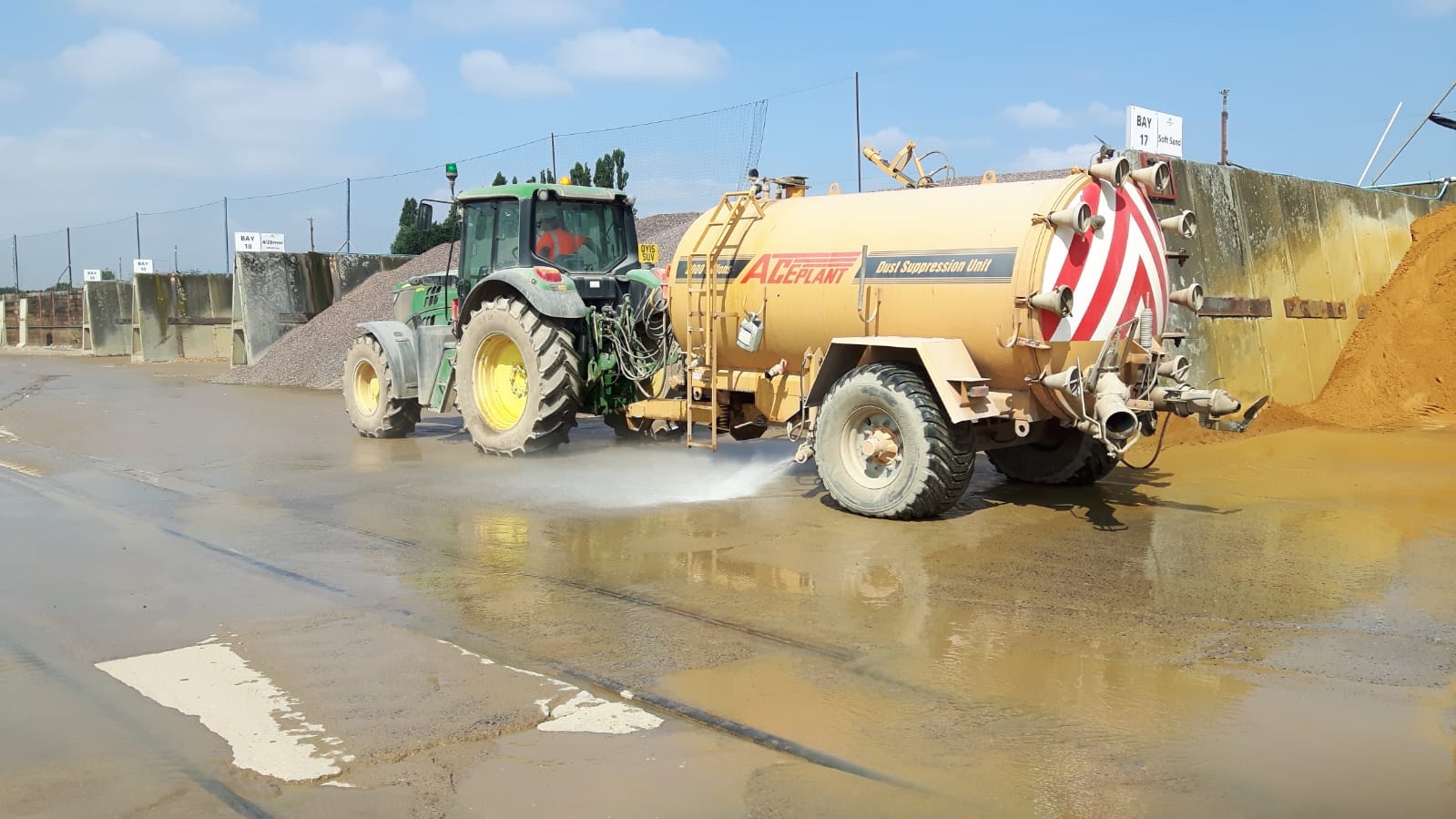
As part of an ongoing commitment to improving air quality,
Historically, high concentrations of the particulate matter PM10 - a pollutant linked to 40,000 early deaths each year – were recorded at Horn Lane, making it one of Britain’s most polluted areas.
With Ealing Council declaring the borough an Air Quality Management Area (AQMA), some of this pollution was down to dust emissions coming from Horn Lane Goods Yard, a narrow strip of land home to a number of firms involved in waste management and the movement of freight by rail.
In 2013, keen to tackle air pollution from its Acton Depot, which handles over half a million tonnes of rail delivered aggregates per annum and recycles used ballast delivered by London Underground, Aggregate Industries, one of the UK’s largest building materials suppliers, embarked on a voluntary programme of improvements costing more than £350,000 (€396,000).
Working with the
The initiative also included installing a new wheel wash to clean all delivery vehicle tyres prior to leaving the site, while a tractor and bowser were purchased to provide roadway dousing and cleaning as required. The bowser, in particular, has been fitted with high pressure jets and a directional water spray gun for additional deep cleaning of roadways and targeted dust suppression. Meanwhile, the site drainage and surfaces have been improved to aid with cleaning and prevention of airborne dust.
As a result, in 2017 Aggregate Industries was able to reduce overall PM10 particulate pollution levels at the Acton depot to meet Air Quality Objectives for the third year running -with a further reduction in the number of days above 50μg m-3.
Dan Stevenson, area operations manager at Aggregate Industries, said: “The environmental benefits of the use of the railways to provide construction materials essential to London’s economic wellbeing are well documented. However, it’s no secret that the poor level of air quality in the UK, particularly in urban areas like London, is a massive concern to local residents’ health and wellbeing. It’s something that we feel very passionate about and in order to tackle the problem head on, since 2013 we’ve proactively looked at ways to slash airborne emissions at our Horn Lane depot in Acton.
“We’re delighted at the fantastic progress the time, money and resources we have invested have achieved in improving air quality in recent years. However, the journey does not end here and we will continue to monitor particulate matter at Horn Lane, along with our other sites, and continue to seek opportunities to further minimise it.”

